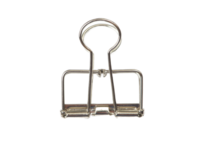

5 Reasons Why You Aren’t Fluent Yet + How to Change That!
If you’ve been grinding at a foreign language for years, but you aren’t fluent yet (whatever your definition of fluency might be), it might be a sign that it’s time to change your strategy. I’ve been studying Russian for six years, and I’ve made several critical mistakes when it came to how I was approaching the language learning process. But rather than get down on yourself for not having achieved your goal in record time (I’m looking at you, perfectionists), it’s important to take stock of these moments so that you can adjust your approach, and try something new.
Throughout my language journey I’ve put in a lot of hours discovering what works best for me (and what doesn’t) in terms of language acquisition. I wouldn’t consider myself fluent in Russian, but through trial and error I know I’m on the right road. So today I thought I’d share with you all some of the mistakes that I made early on learning Russian so that you can avoid these pitfalls! Here we go 🙂
Last updated: 5/23/22
5 Reasons Why You Aren’t Fluent in a Foreign Language Yet



1. You’re memorizing vocabulary without any context
So you can recite a vocabulary list about items you can find in your home in your target language – that’s wonderful! But can you speak about them in conversation? Make sentences using them? If this sounds like you, you need to change how you approach learning a language pronto. Memorizing a vocabulary list was helpful in high school to pass your Spanish test, but if you can’t use those words in a conversation you expect to have one day, then it’s not worth all the time you’re putting into memorizing them.
This doesn’t mean I don’t think you should memorize vocabulary – I know, it was almost too good to be true, eh? It means that you are going to need to take just a few more steps to make sure that you A) find more meaningful and personal ways to remember words and B) ensure you will be able to not only remember the word, but also use it in conversation.
Starting with A – As Gabriel Wyner talks about in his book Fluent Forever: How to Learn Any Language Fast and Never Forget It, learning a new language is all about creating as many connections to that word so that it’s impossible to forget. By trying to force your brain to memorize a word with just the definition, you are asking your brain to try to remember the most forgettable words it encounters. Wyner gives a variety of ways you can make these memorable connections, such as adding visuals like pictures from Google Images, or asking yourself questions to make a personal connection to the word like “When was the last time I saw an X?” Now the next time you try to recall that word, you have those personal connections you made to it to also help you remember – not just the definition. These aids help us memorize words much more efficiently than just reviewing vocabulary words and their definitions.
Now, let’s get to B – As we talked about above, what’s the point of spending all your time memorizing vocabulary if you don’t have a clue how to use that vocabulary in conversation? The remedy for this is studying not only the vocabulary word itself, but also the verbs or adjectives the word collocates with. What does that mean, exactly? A collocation is two or more words that are often used together. For example, if you want to memorize the word “couch,” try adding collocations to your flashcards like “to sit on the couch,” “to get up off the couch,” or “a comfortable couch.” Not only will you expose yourself to more vocabulary, but you’ll be able to use that vocabulary in a sentence to express an idea or action.









2. You’re not using spaced repetition system (SRS) programs like Anki
Countless studies in recent years have shown that repeating information more times does not necessarily mean you’ll remember it longer – I know, I felt cheated too. But think about it, do you remember anything from the last test you took where you simply repeated information over and over again so that you could memorize it for the test and then be done with it? That’s because overlearning is not helpful whatsoever for creating long-term memories.
Thankfully, what has proven more effective is often less time consuming and doesn’t make you want to pound your head against a brick wall. Spaced Repetition Systems gauge how well you know a word in the present to create the perfect interval for when you should try to recall that word again in the future in order to make it stick in your long-term memory. You’ll find more success by spacing out your learning and recalling terms just when you’re starting to forget them (as calculated by the SRS algorithm) than by painfully repeating a word 50 times in a row. Check out Thomas Frank’s article How to Remember More of What You Learn with Spaced Repetition for a more in-depth explanation of the science and research behind spaced repetition.









3. Your study materials have nothing in common with your language goals
If you’re learning Italian in order to move to Venice one day and get a job in the restaurant industry, why are you studying vocabulary about outer space from a textbook? By the same token, if your goal is to go to grad school in Kyoto, the vocabulary in Love Is Blind Japan might help you with your classmates, but I wouldn’t rely on it to help you with the formal language in your classes. Of course, both are important when learning a language. But if you don’t have years and years to develop a well-rounded understanding of your target language, prioritize the kind of language materials that most closely resemble why you started learning the language in the first place.
Russian Studies was one of my majors in college, so I was fortunate enough to have more well-rounded classes on a variety of topics. Once I moved to Saint Petersburg after graduation, however, I realized that I really lacked vocabulary and phrases needed for non-formal interaction – something they didn’t really teach us in class. I didn’t understand any of the slang that is so ubiquitously spoken among Russians, but, hey, at least I was (semi) prepared to talk about the pros and cons of Artificial Intelligence?
Choose your language learning materials (i.e. readings, podcasts, videos, etc.) with your language goals in mind. After I moved to Russia and realized I really lacked informal Russian, I changed my reading materials from academic texts to Instagram captions from native Russian accounts. Again, there’s a lot to learn from academic texts, but it wasn’t serving me at the moment – I’m not the kind of person who will ever find myself in a conversation about Crime and Punishment, and that’s okay. So, I put the texts that would help me in such a conversation on the backburner and sought out materials that were more useful for helping me achieve my current goal. If you force yourself to use materials that won’t help you with your language goals, you will burn out and wonder why you even started learning that language in the first place.
If you’re learning a foreign language by yourself, check out some other tips in my article 9 Tips To Self-Study A Foreign Language In 2022.









4. You’re waiting to start speaking until you’re “ready”
The biggest myth that I told myself early on in learning Russian was that if I memorized everything first, I could start having fluent conversations with tons of advanced vocabulary and that preparation would build my confidence. That was a complete lie I told myself in order to justify not speaking to native speakers when, in reality, I was just nervous and didn’t want to risk being judged. It’s funny – I never judge a non-native speaker when they make mistakes in English. But for some reason, I assume native Russian speakers will judge me when I make any mistake no matter how small. By holding myself to this incredibly high standard, I restricted myself from growing. I still get nervous when I speak to native speakers, but I now understand that it is an essential part of the learning process. Practicing speaking and making those mistakes is the only way you will build your confidence speaking – but be sure you study those mistakes so you can grow from them.
If you’re interested in kicking it up a notch in the speaking department, consider taking a language pledge! You can take them as part of an academic program, with friends, or even by yourself. Check out more details in my article Language Pledges: How To Become Proficient In Any Language!









5. You aren’t studying consistently
Consistency is the secret sauce of acquiring a foreign language. This doesn’t mean that you need to study every day in order to become fluent in a foreign language, but it does mean that however much time you can carve out of the week to study, you stick to it. People give up learning languages for all sorts of reasons, but one way to make sure you stick to your language learning goals is by just showing up. Studying for 15 minutes each day will be much better for your language acquisition than studying for hours on end whenever you manage to find some free time. Not only will it frustrate you that you can’t remember much from your last study session, but you’ll keep hearing that annoying voice in the back of your head nagging you to study more before you just decide to give up entirely. Consistency reminds us that what we’re doing is a priority and, for language learning, reinforces information into our long-term memories.
One way to study consistently is by building a solid study routine. After graduation I struggled to find a consistent study routine that worked for me and my busy schedule. I did really well with the set deadlines and guided textbook chapters in college, but when it came to creating my own curriculum and sticking to it, I was frighteningly incompetent. I’ve always been a really hard worker, but I didn’t know what to work on and how to make time for it outside of work. In order to build a successful study routine that delivers results, it’s essential to do two things: A) Make language learning a priority and B) Find study materials that work for you.







Anything to add for others about why they’re not fluent yet?
Do you have anything you’d add to this list? Let’s learn from each other’s mistakes so that we can all grow as language learners to become fluent in a foreign language 🙂
Let us know in the comments below!
In need of a better way to organize your language notes? Check out my planner below!
Learn to speak russian
Travel with ease & dive into the culture, history & lifestyle of post-Soviet countries
free russian learning materials

Melissa

Get the Goods
Head over to the Language & Travel Shop to check out my favorite goodies I use for learning Russian and traveling! I've compiled all my favorite products I use when #onthebloc so that you can benefit from them when you travel abroad. Help yourself prepare and support this blog at the same time :) Счастливого пути!
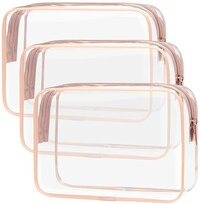

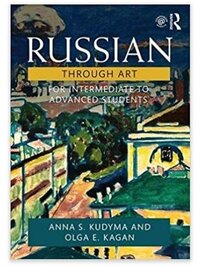

carry-on goods
gifts for travelers
photography
apparel & accessories
textbooks & readers
luggage & bags
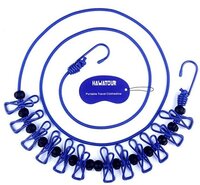
categories
#oTB essentials
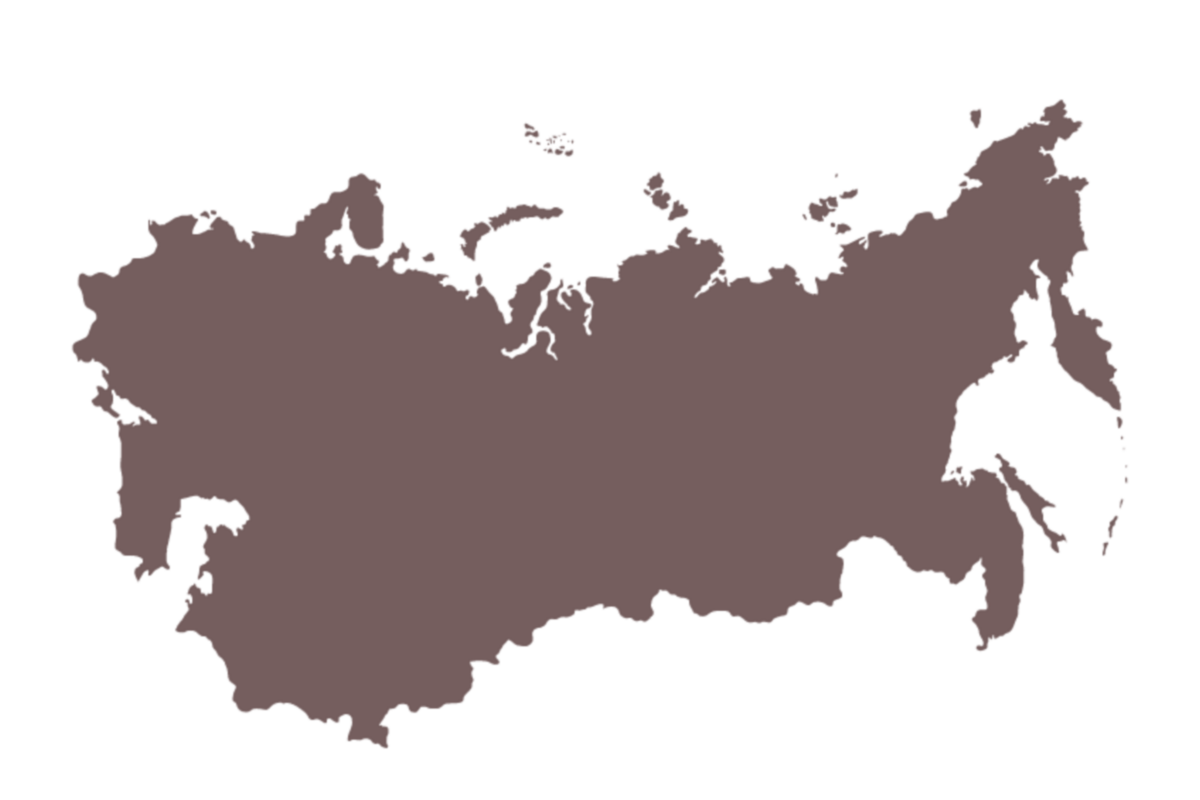
Russian-Speaking Travel Destinations
use your new russian skills in real life!

Belarus
EASTERN EUROPE
central Asia
central Asia





Eurasia
Russia
Kyrgyzstan
armenia
Moldova
Kazakhstan
eastern europe
read »
read »
read »
read »
read »
read »
The caucasus
travel guides
Get your FREE #OnTheBloc Starter Kit!
Sign up for the NGB Monthly Newsletter & you'll get a FREE downloadable PDF with Russian language and travel resources for your post-Soviet journey!
оставаться на связи

